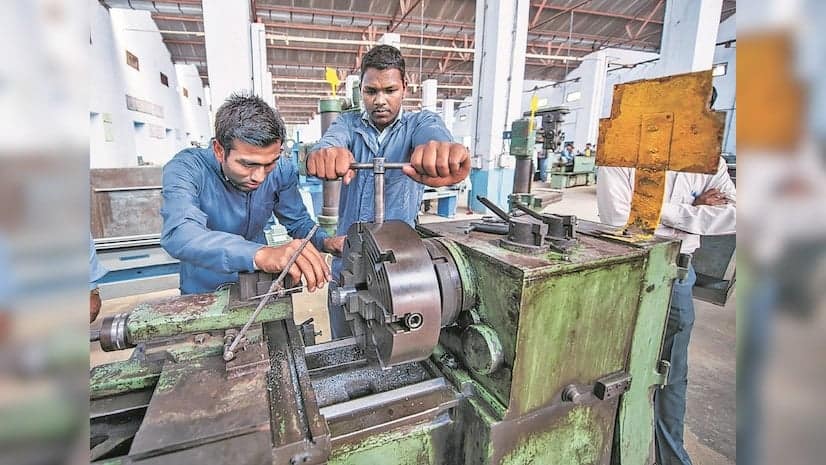Recently, the Ministry of Skill Development and Entrepreneurship in India launched the India Skills Accelerator initiative in collaboration with the World Economic Forum. This initiative aims to enhance workforce development by addressing skill gaps and encouraging public-private partnerships. It focuses on preparing India’s youth for future job markets, particularly in high-growth sectors such as artificial intelligence, robotics, and energy.
India Skills Accelerator
The India Skills Accelerator functions as a national collaboration platform. It is designed to stimulate innovative ideas and facilitate cross-sectoral efforts. The initiative seeks to bridge the skill gaps identified by many organisations. It promotes inclusive upskilling and reskilling, investing in lifelong learning, and enhancing government-industry collaboration.
Objectives of the Initiative
The primary objectives of the India Skills Accelerator are threefold:
- Improve awareness and shift mindsets regarding future skills needs.
- Enhance collaboration and knowledge sharing among various stakeholders
- Upgrade institutional structures and policy frameworks to support a responsive skilling ecosystem.
Addressing Skill Gaps
The initiative aims to address the skill gaps that threaten India’s economic progress. By promoting agile career transitions and scalable training, it aligns education with industry needs. This is particularly crucial in sectors experiencing rapid growth.
Emphasis on Inclusivity and Agility
The initiative marks the importance of inclusivity in skilling systems. It aims to ensure that all segments of society can access training and development opportunities. An agile approach is essential for adapting to the fast-changing job landscape.
Strategic Focus Areas
Key areas of focus include advanced manufacturing, artificial intelligence, cybersecurity, and cloud computing. The initiative seeks to embed competitiveness in India’s skills architecture. This will prepare the workforce not just for domestic needs but also for global opportunities.
Implementation
The initiative will establish dedicated working groups to guide its implementation. Progress will be tracked through the WEF’s Global Learning Network. This allows for peer learning and global benchmarking, ensuring accountability and effectiveness.

Leave a Reply